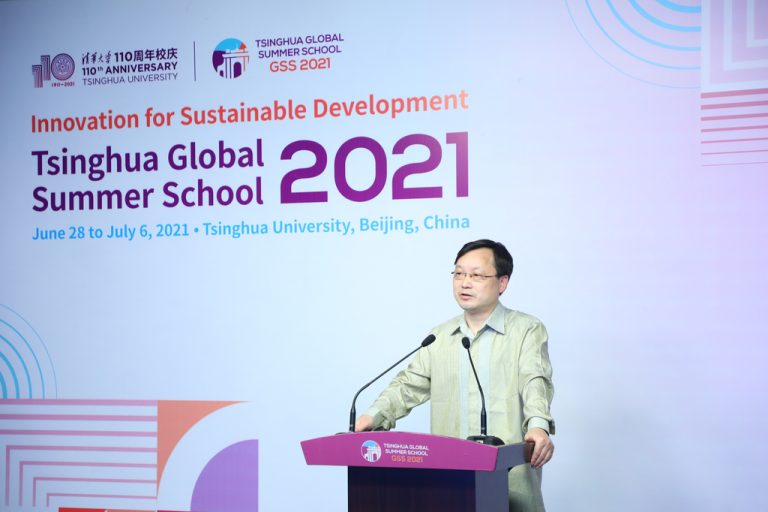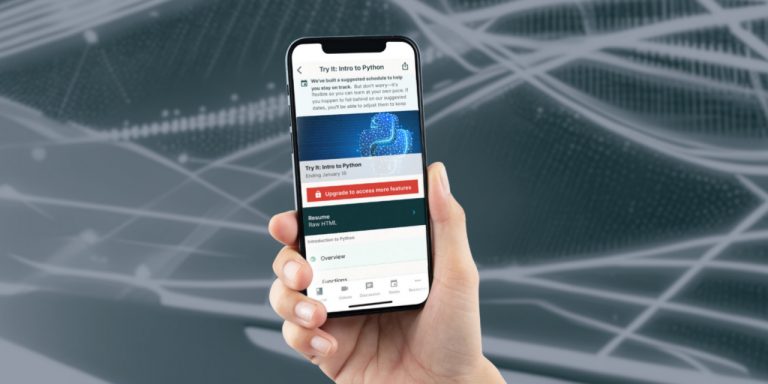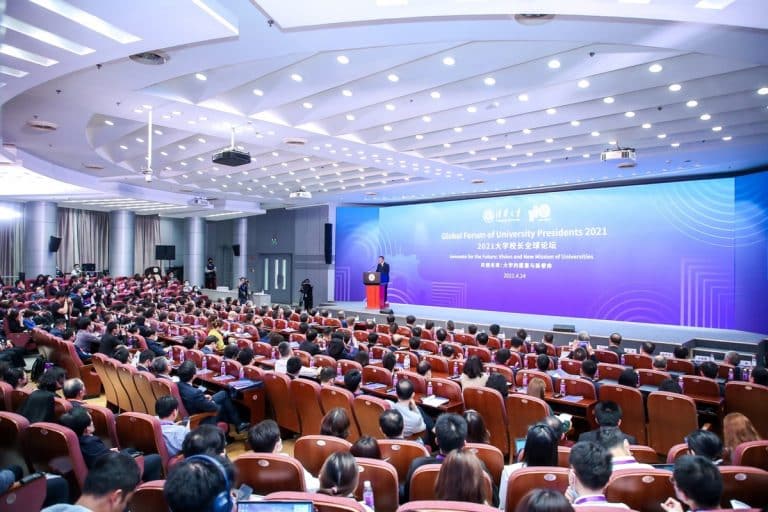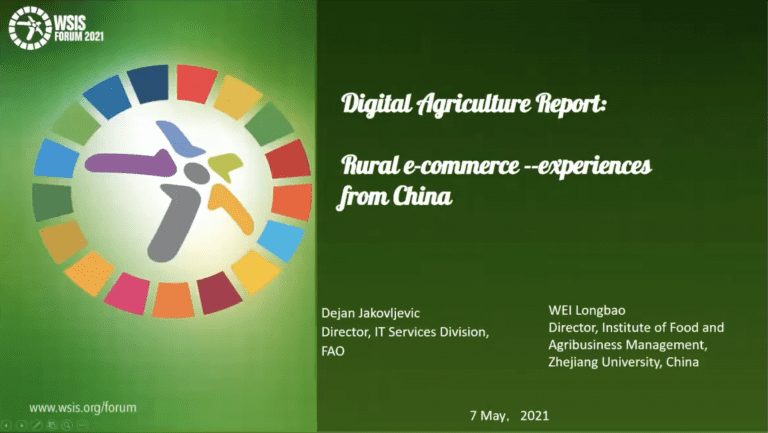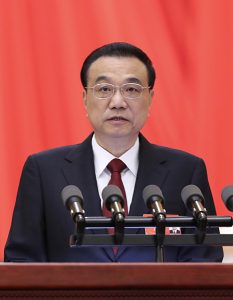
On the morning of March 11, the Fifth Session of the Thirteenth National People’s Congress came to a successful conclusion in the Great Hall of the People in Beijing. The meeting voted and approved the resolution on the government work report of the Fifth Session of the Thirteenth National People’s Congress. The resolution pointed out that the meeting spoke highly of the new major achievements made in the landmark 2021 national development, fully affirmed the work of the State Council, and agreed with the overall requirements, goals, tasks, policy measures and work arrangements for economic and social development in 2022 proposed in the report, decided to approve this report. In the Government Work Report, “developing online education” was written into the government work task for the first time.
Prof. YUAN Si, Deputy Director of the Council of Tsinghua University, Professor of the School of Civil Engineering, Tsinghua University, Member of the Standing Committee of the Thirteenth National People’s Congress, Director of the Ministry of Education Research Center for Online Education, and Executive Director of the UNESCO International Centre for Engineering Education participated in the meeting. When reviewing the government work report, he said that the government work report is a good report based on the development of the country, coordinating the overall situation of the country, and wholeheartedly focusing on the people. For the government’s work tasks in 2022, he suggested adding “developing online education and making full use of information technology to improve the quality of education”. Premier LI Keqiang agreed and absorbed this suggestion, and added “developing online education” to the revised government work report.
Since being elected as a member of the Tenth National People’s Congress Standing Committee in March 2003, Prof. YUAN Si has been re-elected for four terms. Over the years, he has always been “people-centered”, conscientiously performing his duties, participating in the deliberation of government affairs, and more “Eyes are down, body and mind are sink”, being among the people and playing the role expected by the people.
Since 2013, China has attached great importance to the construction and development of online educational resources, and adopted the method of “university main body, government support, and social participation” to mobilize the best universities and the best teachers to build the best courses. After 9 years of hard work, Chinese higher education has built a high-quality MOOCs system with various types and complete categories, and established a Chinese paradigm for MOOCs development. Up to now, there are 37 major course platforms and technology platforms in China, with more than 47,500 MOOCs online and 364 million registered users. As the first online course platform in China, Tsinghua University XuetangX online platform has launched more than 4,500 MOOCs since its release in October 2013, with 86.79 million registered users. In 2013, the Ministry of Education established the Ministry of Education Research Center for Online Education at Tsinghua University. At the same time, China attaches great importance to the research and development and application of digital teaching technology, and improves the quality of education by implementing the digitalization of teaching process and teaching management. In 2016, Rain Classroom (Yuketang), a new smart teaching tool jointly launched by Tsinghua University and XuetangX, uses information technology to enhance teacher-student interaction, acquires big data on teaching and learning behavior, and analyzes the performance of each student through artificial intelligence big data algorithms to promote enable the transition from experience-driven teaching to digitally-driven teaching.
The outbreak of Covid-19 has brought unprecedented challenges to the world, cast a shadow on the education system and traditional education models, and made MOOCs and online education the first time to achieve large-scale, organized, and Group application has truly become a new form of education.
Tsinghua University initiated the establishment of the Global MOOC Alliance (GMA; later renamed as “Global MOOC and Online Education Alliance”) in 2020, and joined hands with 17 universities and 3 online education platforms from 14 countries of 6 continents to deal with the opportunities and challenges under the impact of the era of smart internet on global education during the pandemic. Focusing on joint teaching, capacity building, knowledge sharing and SDG education, Tsinghua University first launched the Global Hybrid Classroom (GHC) initiative, so that students from Tsinghua and other top overseas universities have the opportunity to take classes in a global virtual learning environment and obtain academic credit recognition. At the same time, Tsinghua University has opened real-time synchronized high-quality educational resources to the world, and launched more than 8 Global Open Courses (GOC) that are broadcast live to the world. Discussions and dialogues are held around challenges and issues of common global concern. The courses have attracted over 7 million learners around the world.
WANG Xiaoxiao, Secretary-General of the Global MOOC and Online Education Alliance, Secretary-General of the Ministry of Education Research Center for Online Education, Director of the Online Education Center of Tsinghua University, and WANG Shuaiguo, Board member of the Global MOOC and Online Education Alliance and President of XuetangX, said that the Prime Minister’s mention of “developing online education” in the report is an encouragement and guidance for the online education work of the Research Center for Online Education and Tsinghua University. Prof. YUAN Si believes that online education plays a very important role in the context of the global pandemic still raging. The development of online education requires the country’s strategic layout, and China needs to occupy a leading position in the global online education landscape. ” This suggestion can be adopted, and it can be regarded as a responsibility and effort to promote and develop online education.” Prof. YUAN Si said.
REFERENCE: http://www.icee-unesco.org/news/99; The Report on the Work of the Government was released in full via Xinhua News Agency on March 12

